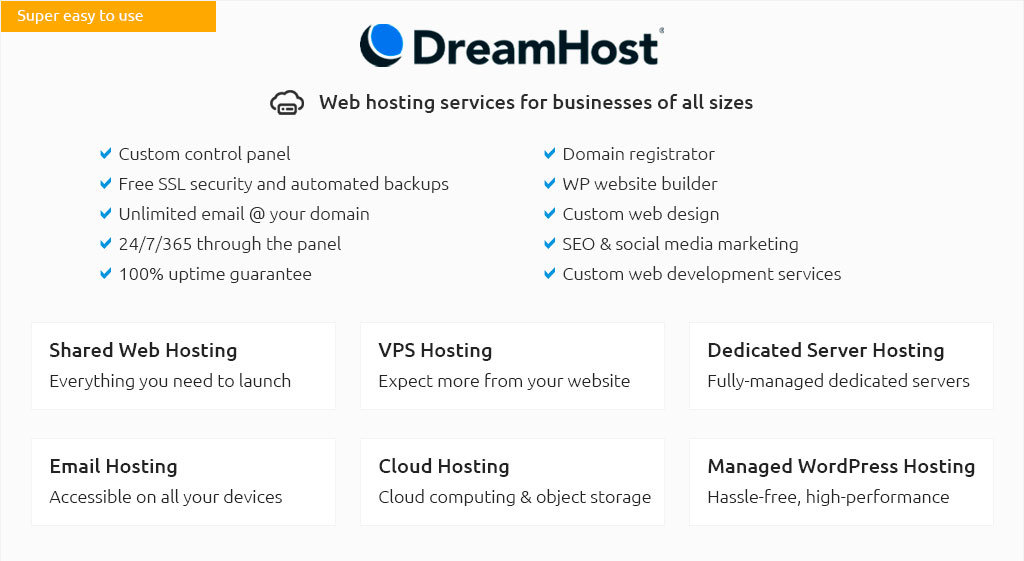 |
|||
 |
 |
 |
|
 |
|
 |
 |
 |
|||
 |
|||
 |
|||
 |
|||
 |
 |
Understanding Web Hosting with PHP and MySQL: What to ExpectWhen diving into the expansive world of web development, one cannot overlook the pivotal role of web hosting, especially when dealing with dynamic websites that leverage technologies such as PHP and MySQL. These two technologies form the backbone of countless websites, from small personal blogs to massive e-commerce platforms. In this exploration, we aim to unravel what to expect when using these technologies together, highlighting their synergy and how they enhance web development processes. First and foremost, it's essential to recognize that PHP (Hypertext Preprocessor) is a versatile server-side scripting language designed primarily for web development but also used as a general-purpose programming language. Its popularity stems from its ability to seamlessly embed into HTML, offering developers the flexibility to create dynamic content effortlessly. On the other hand, MySQL is a robust open-source relational database management system, highly favored for its speed, reliability, and ease of use. The combination of PHP and MySQL is often dubbed as a match made in heaven, as they complement each other perfectly, allowing for the creation of dynamic and interactive web pages that can store and retrieve data efficiently. When opting for web hosting that supports PHP and MySQL, there are several key factors to consider. Firstly, compatibility is crucial. Ensure that the hosting provider supports the latest versions of PHP and MySQL, as this will not only offer enhanced features but also ensure security and performance improvements. Moreover, many hosting services provide easy-to-use control panels like cPanel or Plesk, which simplify the management of PHP configurations and MySQL databases. Another aspect to expect is the support for various frameworks and content management systems (CMS) that rely on PHP and MySQL. For instance, platforms like WordPress, Joomla, and Drupal, which are popular for creating content-rich websites, require both PHP and MySQL to function optimally. Therefore, a good web hosting service will offer one-click installations for these applications, reducing the complexity of getting started. It is also worth noting the importance of performance optimization. Since both PHP and MySQL can be resource-intensive, especially under high traffic conditions, choosing a hosting provider that offers optimized server environments with caching mechanisms and sufficient resources is beneficial. This not only enhances the website's speed but also improves the user experience significantly.
In conclusion, choosing a web hosting service that effectively supports PHP and MySQL involves careful consideration of compatibility, performance, security, and support. These elements ensure that your web applications run smoothly and efficiently, providing a solid foundation for your digital endeavors. As technology evolves, staying informed and adapting to the latest advancements in PHP and MySQL hosting will undoubtedly enhance your web development journey. https://aeonfree.com/
Fast and free website hosting with unlimited bandwidth, powered by PHP, MySql, SSL, and cPanel. Create your own completely free website with no forced ads on ... https://www.hostingadvice.com/how-to/best-php-mysql-hosting-services/
A commendable choice for PHP MySQL hosting, IONOS offers a robust blend of reliability and scalability, ultimately distinguishing itself through ... https://profreehost.com/
Free Web Hosting with Unlimited bandwidth. $0.00 for life. We will never ask you to pay for using our hosting services. Getting a stable website has never been ...
|